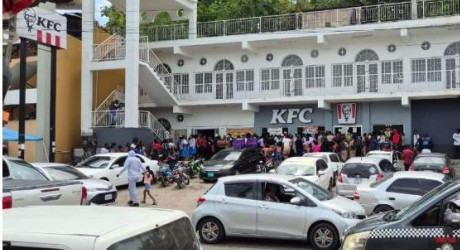By Kimone Witter
The UK Privy Council began hearing arguments this morning in the case brought by the Jamaican Government and General Legal Council, which are appealing a 2020 Court of Appeal ruling that an amendment to the Proceeds of Crime Act (POCA) in 2013 was in breach of the Constitution.
The amendment would compel attorneys to report instances of financial crimes in dealing with their clients.
The Jamaican Bar Association has resisted, arguing that the legislation would damage the rights of citizens to an independent legal profession.
The hearing will continue on Wednesday.
The government has been trying to include lawyers in the Anti-Money Laundering/Combatting the Financing of Terrorism (AML/CFT) regime.
On July 30, 2020, the Court of Appeal allowed the Bar Association's appeal in part, agreeing that certain provisions which form the AML/CFT regime contravened the Charter of Fundamental Rights and Freedoms (Amendment) Act 2011.
But the Court of Appeal said other provisions were valid and lawful.
Jamaica's AML/CFT regime is based on the 2013 amendments to the Proceeds of Crime Act and regulations, changes to the Legal Profession Act and Canons, and the issuance by the General Legal Council of anti-money laundering guidelines that compelled attorneys to report suspicious actions related to money laundering and other possible financial crimes by their clients or face imprisonment.
The 2013 law also empowered the GLC, as the designated competent authority, to enter and make copies of documents from the offices of lawyers as part of the search for evidence of financial crimes.
Finance Minister Dr. Nigel Clarke has said it is unlikely that Jamaica would emerge from the grey listing imposed by the Financial Action Task Force, the global body set up by rich countries to police money laundering, and from the ancillary listing on which other countries or regional blocs have included Jamaica, were the legal profession to remain outside the AML/CFT regime.








 All feeds
All feeds







